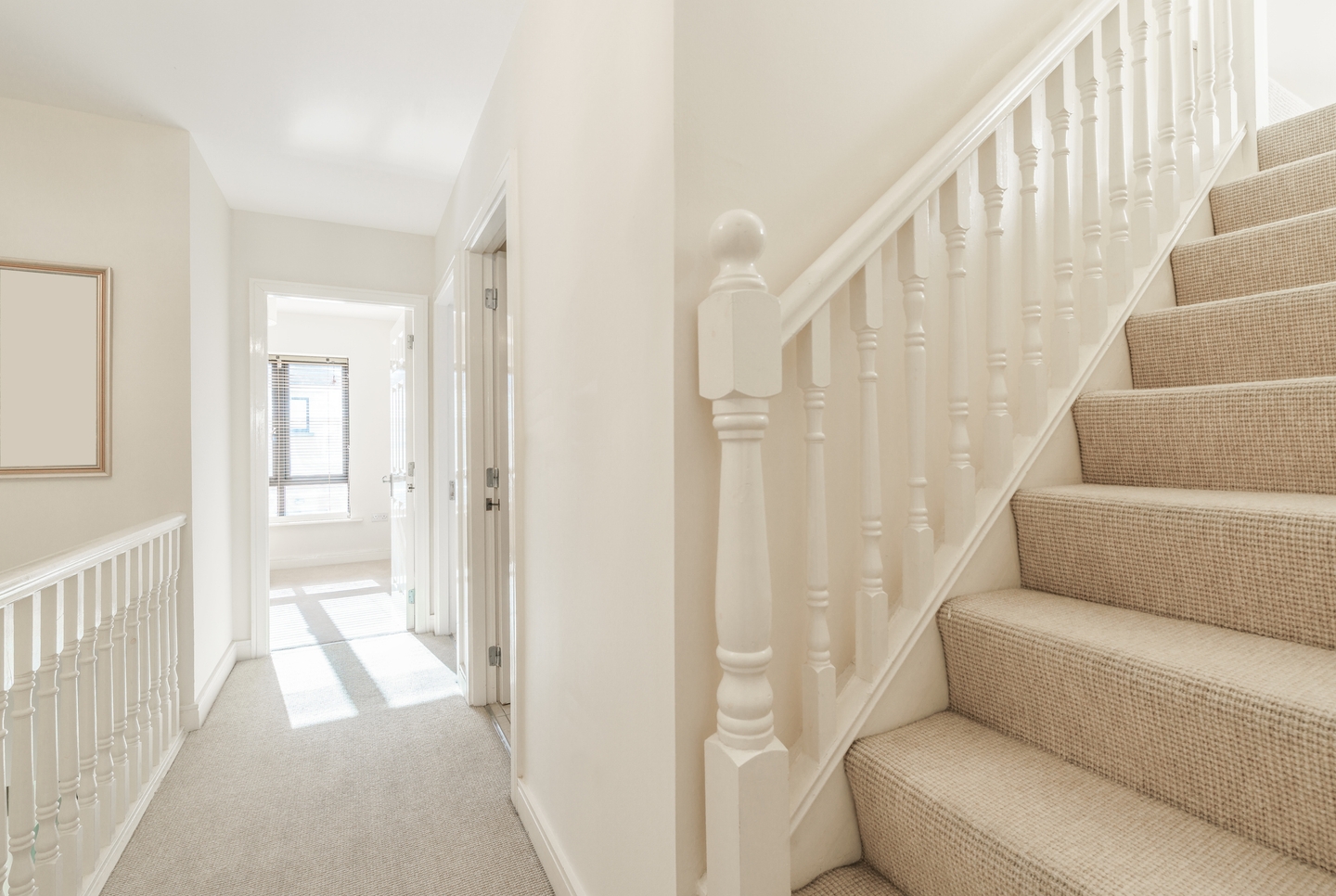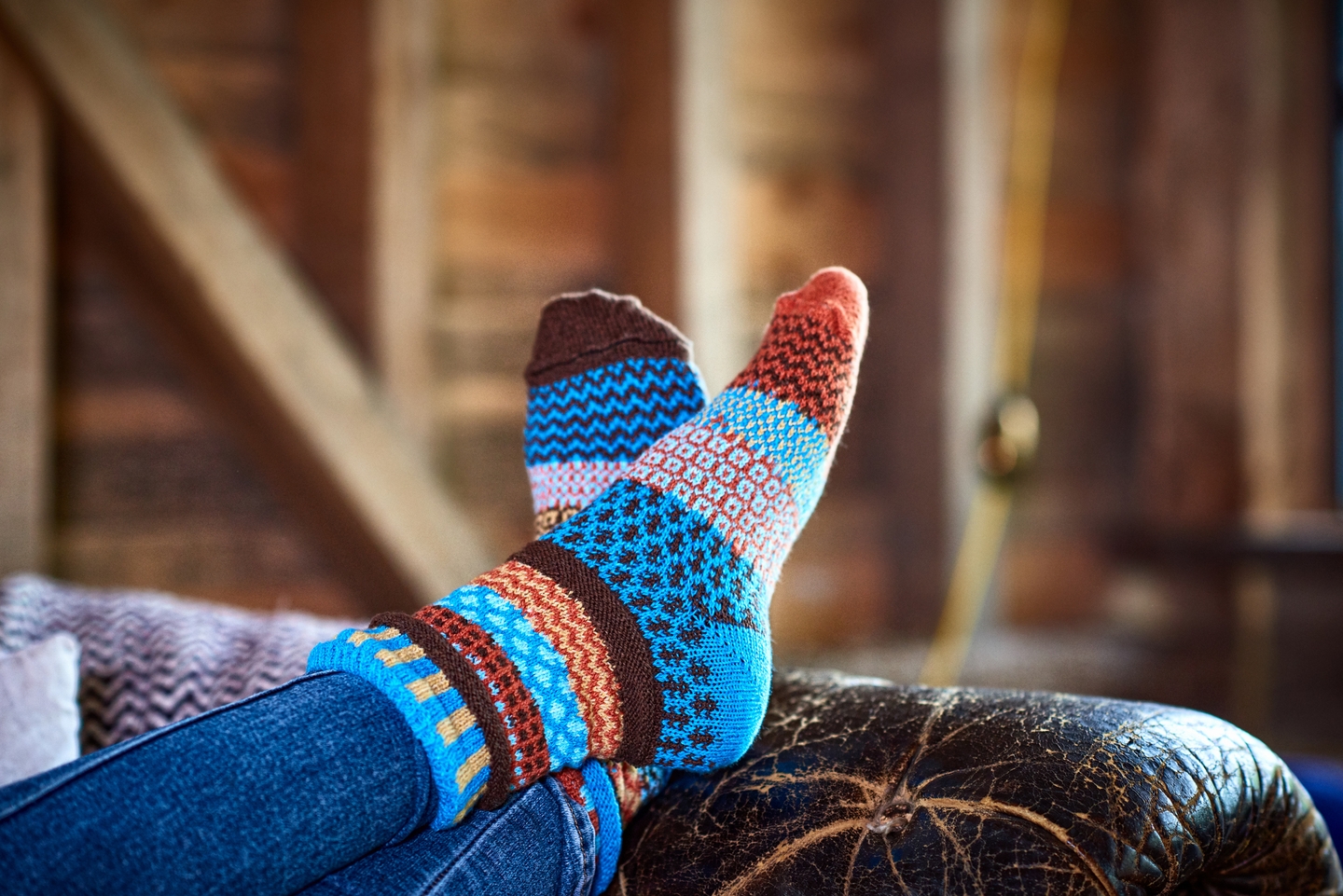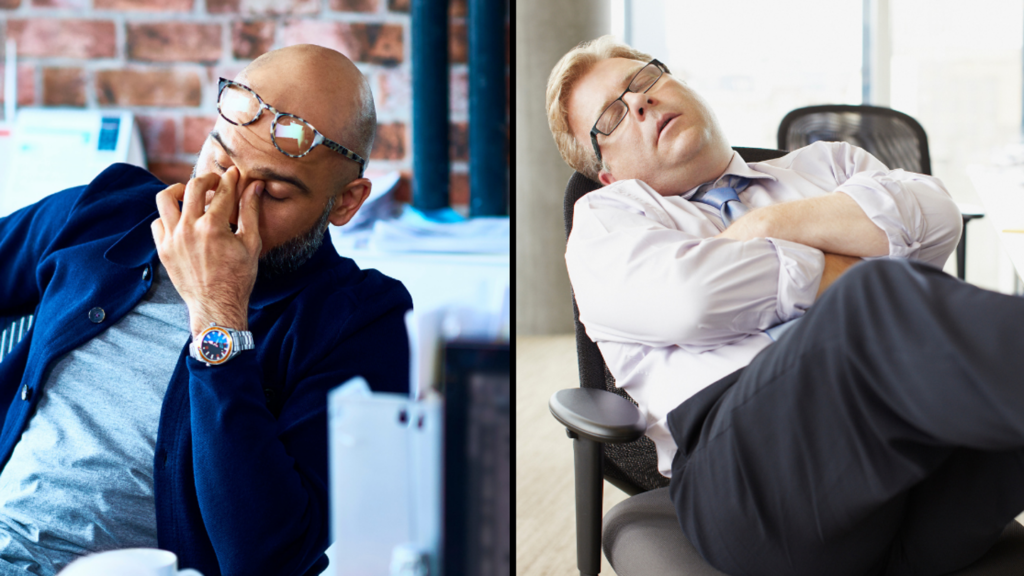A geriatric consultant with three decades of experience working with older adults has shared 11 habits that may be causing people to age faster than they need to.
When you’re in your teens or twenties, people often say “make the most of being young” or “enjoy it while it lasts.” And as someone who’s just past 25, I can tell you it’s surprisingly easy to start feeling a bit older before your time.
I know I’m not alone—many of us have probably found ourselves groaning when we get up from the couch or complaining about random aches.
But according to Dr Lucy Pollock, an NHS Consultant Geriatrician, there are ways we can avoid “aging” behavior, and she shares them all in her new book, The Golden Rule.
Here’s a look at 11 habits we could all stand to avoid:
Making Excuses to Skip Things
We’ve all done it. Sometimes a cozy night on the couch seems more appealing than going out, but Pollock points out this is a common pattern among older folks.
“Even simple things like going to a play or to a concert. People say, ‘I don’t think I’ll be able to do that. It will be very crowded and I won’t be able to park’.”
“They find excuses for not doing something, rather than just deciding to do something,” the doctor explained.
With studies linking social engagement to longer, healthier lives, saying “yes” to plans can help open up our world a little more.
“You might need to look up where you are going to park, but you will be able to park,” she added.
Not Befriending Younger People
It might feel tough to understand the latest slang from younger generations, but Pollock suggests that refusing to even try could speed up the aging process.
“It’s something I see playing out day to day in my clinic and on my wards,” she noted. “People who are able to tell me what their grandchildren are doing or have them visit, they light up and become much more engaged.”
According to Pollock, being interested in younger people and embracing them is a “really special skill” that can keep you feeling younger in the long run.

Holding on Too Tightly to Your Money
If you’re still recovering from your last online shopping spree, this might not seem like it applies to you.
But for those who can afford it, giving to others can provide a sense of purpose and fulfillment that positively impacts mental health.
Relying Too Much on Pills
It’s easy to grab a painkiller for a headache, but Pollock cautions against overuse of certain medications, like antihistamines, which studies have linked to a higher risk of dementia if used long-term.
If you already take medication regularly, she advises consulting a doctor before making any changes.
Pollock uses the acronym “BRAN”—Benefits, Risks, Alternatives, and Nothing—to guide people in thinking about whether to take medication, explaining: “Always read the small print. A is for Alternatives, and finally, the N stands for Nothing. What happens if you do nothing?”

Focusing Too Much on Aches and Pains
When you have minor aches, Pollock suggests that distraction can be helpful in managing them.
She noted that when there’s little going on, issues like pain, low mood, and anxiety can feel more intense. “We know that at any age. So actually maintaining your interests and having interests beyond your own health is actually very important.”
Moving to a Single-Story Home
This might be unexpected, but keeping stairs in your home can help your physical fitness as you age.
A 2018 study on more than 6,000 people aged 65 and older, published in the journal BMC Geriatrics, showed that stairs at home helped prevent physical decline.
Using stairs strengthens leg muscles and supports heart health by keeping leg arteries flexible.
Pollock advised: “If you do move into a bungalow while you’re still able to do stairs, try and find some other way to maintain that muscle strength.”
“You see lots of people now pop into a lift to go two or three flights of stairs. You think, ‘For goodness sake, don’t do that!'”

Avoiding Technology
This one’s probably easier to fix. Pollock explains that refusing to try out new technology can make you feel left out socially.
She said: “Embrace tech, and learn to use Facetime so you can talk to your grandchildren when they go travelling. I don’t think there’s anything to be gained from being a Luddite.”
Resisting the Idea of a Hearing Aid
If you don’t have hearing issues now, this might not seem relevant yet, but Pollock emphasizes that untreated hearing loss is linked to cognitive decline.
Being open to hearing aids when necessary can help avoid that decline.
“And it is one of the things that we can do that will help improve your chances of not getting dementia,” she added.
Sitting for Long Periods
The pull of a comfy chair is strong, but Pollock points out that standing up regularly is essential to staying independent as you age.
“You need to stand up every 20 minutes,” she said. “If you’re watching TV, stand up during ad breaks. Don’t just hit ‘next episode’ mindlessly.”
Pollock encourages people to keep moving, even if it leaves you a bit winded.
“I’ve had people saying to me. ‘I don’t like walking fast or running because I get out of breath’. But that’s the point, you’re kind of meant to!”, she said.
“Actually doing exercise that is enough to make you a little bit breathless, that’s actually a very good thing to do for the vast majority of people.”

Assuming Someone Else Has to Push You
Seeing a physical therapist is often helpful later in life, but Pollock explains that it’s not necessary to rely on one every time you exercise.
“What the physio does is tell you what you need to do and you then get on with it. You don’t need to have a session with them every time,” she pointed out.
“It comes back to people wanting there to be a magic pill that’s going to make you stronger and your balance better. That, I’m afraid, is in your own hands. Do your physio and exercises, and improve your strength. Get yourself a walking pole and start moving again. It is really important to do that.”
Believing That Aging Means Frailty
While muscle mass does naturally decrease with age, Pollock emphasizes that older adults can still strengthen their muscles.
Simple exercises like walking, sitting, and lifting each leg can help maintain muscle mass and avoid frailty. Pollock herself incorporates exercises into daily routines, doing 20 squats while brushing her teeth.
“My daughter calls them ‘meanwhile exercises’. Things you can do while you’re waiting for the kettle to boil,” she said.
She also suggests standing on one leg with your eyes closed, noting: “With practice you can improve your balance. Not just maintain, but actually make it better.”
Beyond these habits, Pollock emphasizes the importance of a positive mindset as we age.
“If you feel that you’re washed up and washed out you tend to behave as if you are,” she remarked.






